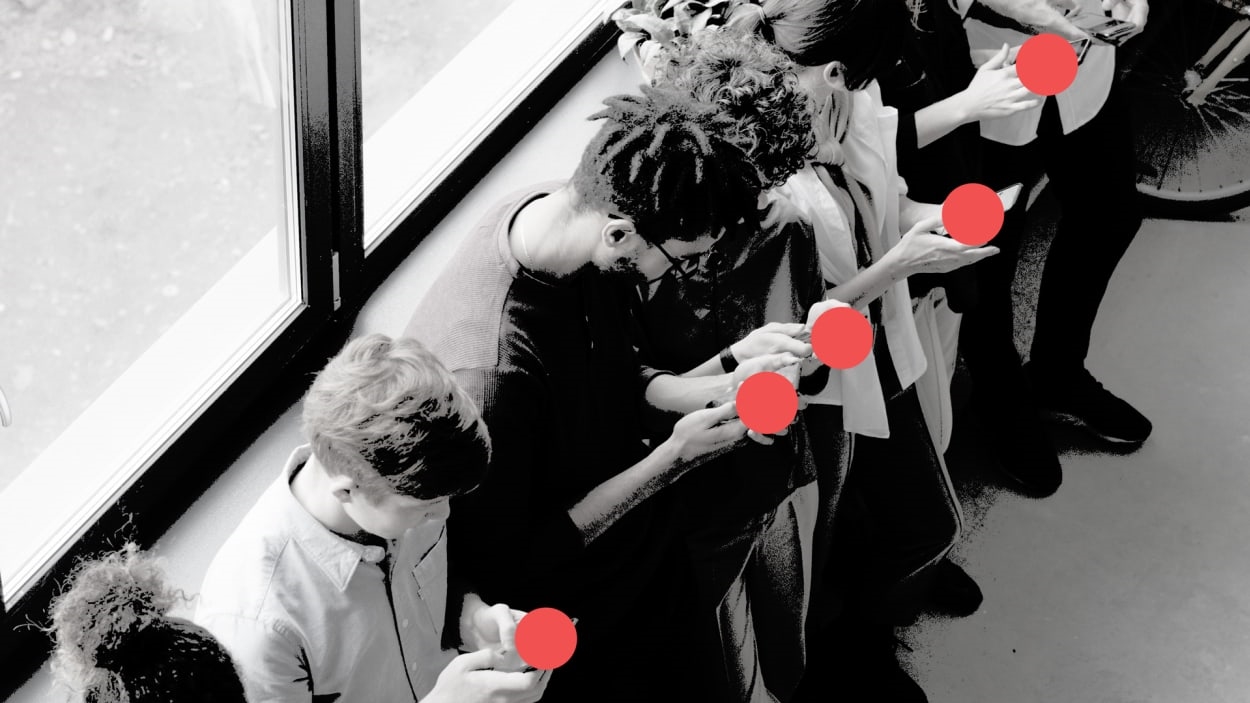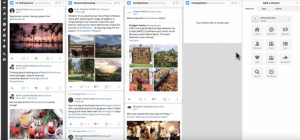By Isa Watson
Many of us struggle with an addiction to social media. The average millennial has 8.4 social media accounts. In 2020, the average American spent more than 3.5 hours per day on social media. Assuming we have an eight-hour workday, and need eight hours of sleep per night, more than 40% of our free time is spent per day consuming the curated content of others.
Social media can often function as a perfectionism echo chamber. It’s where people share their wins and successes, but rarely their failures and setbacks. It’s the place where we end up comparing our messy, whole lives to the curated lives of others, thereby leaving us with feelings of inadequacy. From years of synthesizing the research, I can say that our addiction to social media has diminished our capacity for real friendship, enabled a hyper-connectedness that increases self-doubt & loneliness, and led to the passive development of habits that actually harm us.
Fortunately, there are steps we can all take to address these concerns. Here are three things you can do to curb your addiction to social media:
1. Intentionally invest in your friendships
Social media has made it easy for us to conflate consumption with connection. On a daily basis, we use it to consume the endless highlight reels of people we’ll never laugh in the same room with. Social media has also tricked us into thinking that we can have hundreds—even thousands—of friends. But that couldn’t be further from the truth.
Oxford University professor Dr. Robin Dunbar coined the term “The Dunbar Number.” His research suggests that as humans we can have no more than 150 meaningful relationships, and five close friendships. And researchers have also found that the number of real-life friends we have increases our happiness and well-being but that increasing our online friends does not. It’s no wonder 61% of Americans report significant feelings of loneliness, according to the Cigna Loneliness Index.
Real friendship is an active investment, not a passive one. It requires intentionality, effort, presence, and some level of consistency. The same energy we have for overly planning our work calendars is the same energy we need to have about making sure that we’re connecting with friends in person as a way to replenish our souls.
2. Turn off your notifications
Notification silencing settings such as “Do Not Disturb” on mobile phones were created to help manage the sheer volume of notifications that we get. They can also be used to manage the type of notifications we get.
Social media notifications often trigger our need for external validation and feelings of FOMO and this is often by design. For example, a notification like “Jennifer and 10 others liked your photo” gives us a dopamine hit that most people have become addicted to, but it also perpetuates our validation-seeking behavior and feelings of self-doubt.
Don’t let these notifications get you caught in the trap of hyper-connectedness; the more we allow social media to have this level of pull on us in our everyday lives, the less effective we become at centering our real lives with joy.
3. Curate your feed
There are so many social media accounts we can casually follow simply because it piqued our interest in a given moment. But the question we should ask ourselves is “over a period of time, how does consuming the content of this page with regularity make me feel?”

I love a good Krispy Kreme’s donut, for example. But if I consume more than a few in one setting, I start to feel a little sickly. It’s the same with social media. We passively consume a lot of content out of habit or familiarity without the slightest regard for how it makes us feel. And just like many other things in life, we end up consuming things that are not actually good for us. Layer these unhealthy instincts with algorithms that are designed to keep us glued to our screens and social media can easily suck us into a world that feels unhealthy.
I’m not a social media abolitionist, nor do I believe that it is all bad. However, in order to protect our mental health and effectively center joy in our lives, we need to be intentional about our relationship with social media, and the pull it has on us. In this case, a little intentionality can go a long way.
Isa Watson is the founder and CEO of Squad, a skydiver, and author of the Life Beyond Likes: Logging Off Your Screen and Into Your Life. Follow her on Instagram & Twitter at @isadwatson.
(18)




